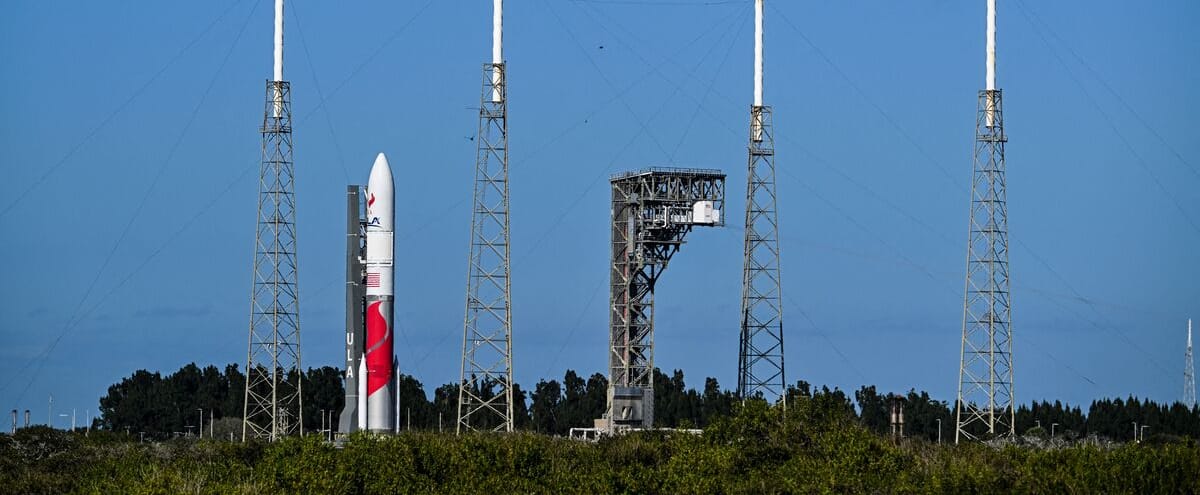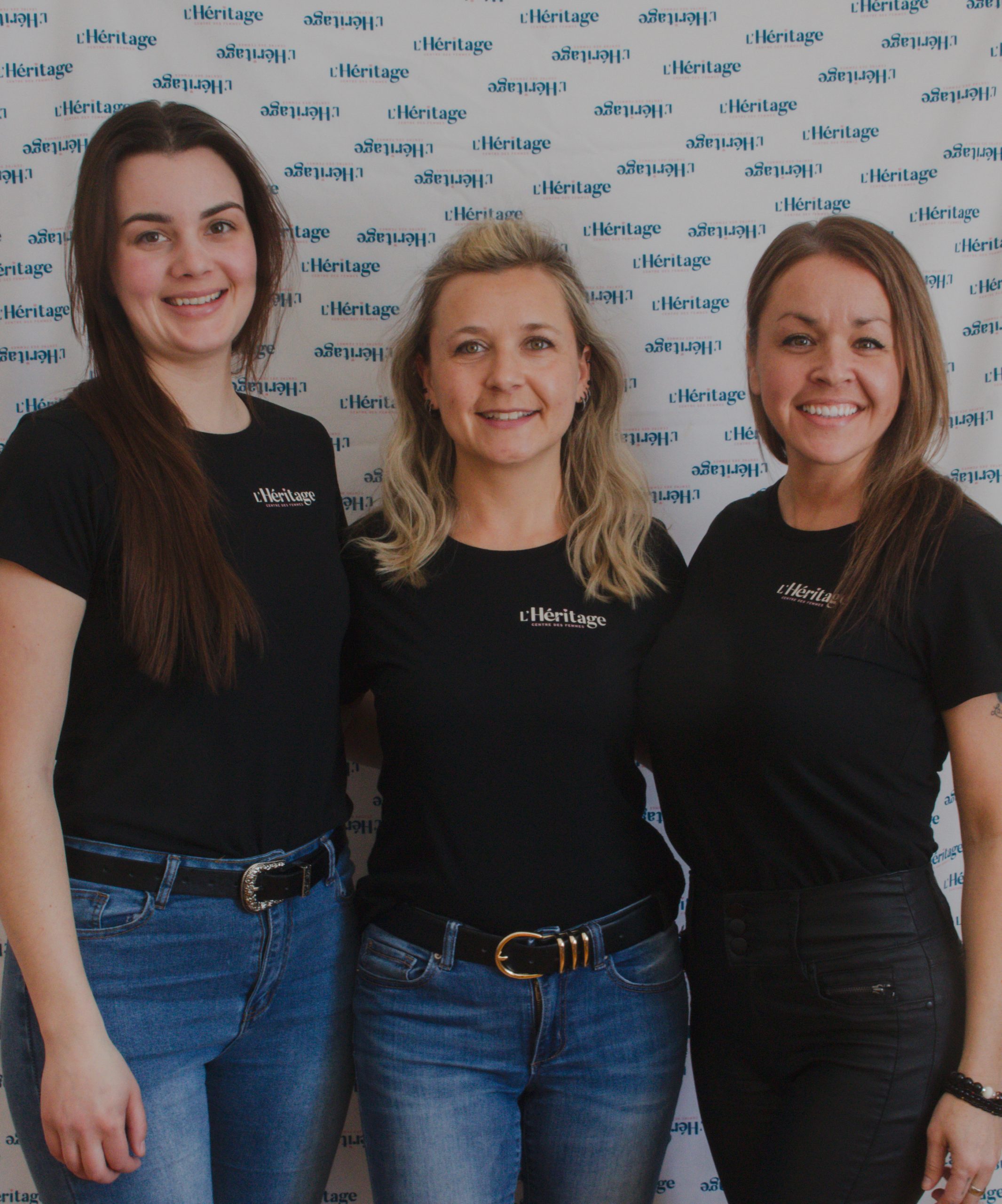
ULA Group's new Vulcan Centaur rocket, carrying a US lander that could become the first private spacecraft to successfully land on the moon, arrived at its launch pad in Florida on Friday, ahead of its scheduled liftoff on Monday.
• Read also: Sending human ashes to the moon sparks outrage
The roughly 62-meter-tall rocket was extricated from its hangar and traveled a few hundred meters from the launch area, announced ULA, a joint venture between Boeing and Lockheed Martin.
Vulcan Centaur's first liftoff is scheduled to take place at 2:18 a.m. local time (07:18 GMT) on Monday from Cape Canaveral.
Vulcan Centaur should allow ULA to offer more affordable liftoffs, by replacing the Atlas V and Delta IV launchers. The new rocket will be able to carry up to 27.2 tons to low Earth orbit, a payload similar to SpaceX's Falcon 9 rocket.
The mission, ambitious for an inaugural journey, particularly carries the ashes of characters from the series Star Trekand a lunar lander from American startup Astrobotic, which also contains scientific experiments from NASA.
The attempt to land on the moon is scheduled to take place on February 23.
If the mission is successful, Astrobotic could become the first American lunar lander since the end of the Apollo program more than 50 years ago. It is the first private company to achieve this achievement.
Israeli and Japanese companies have attempted to land on the moon in recent years, but those missions ended in accidents.
Japan is also scheduled to attempt a moon landing in two weeks, but that is a JAXA mission. For its part, Russia failed spectacularly to land on the moon this summer.
So far, only the United States, the Soviet Union, China and India have succeeded in landing a device on the moon's surface.
The US space agency plans to send astronauts to the moon through its Artemis program. It therefore seeks to develop the lunar economy, to be able to rely on private companies, for example, to send equipment.
It provided crucial funding to Astrobotic by contracting with the company to transfer technologies and scientific experiments.
As part of the same program, called CLPS, NASA commissioned another American company, Intuitive Machines, to provide such a service. Its device will be launched by a SpaceX rocket, and is currently scheduled for liftoff in mid-February.






